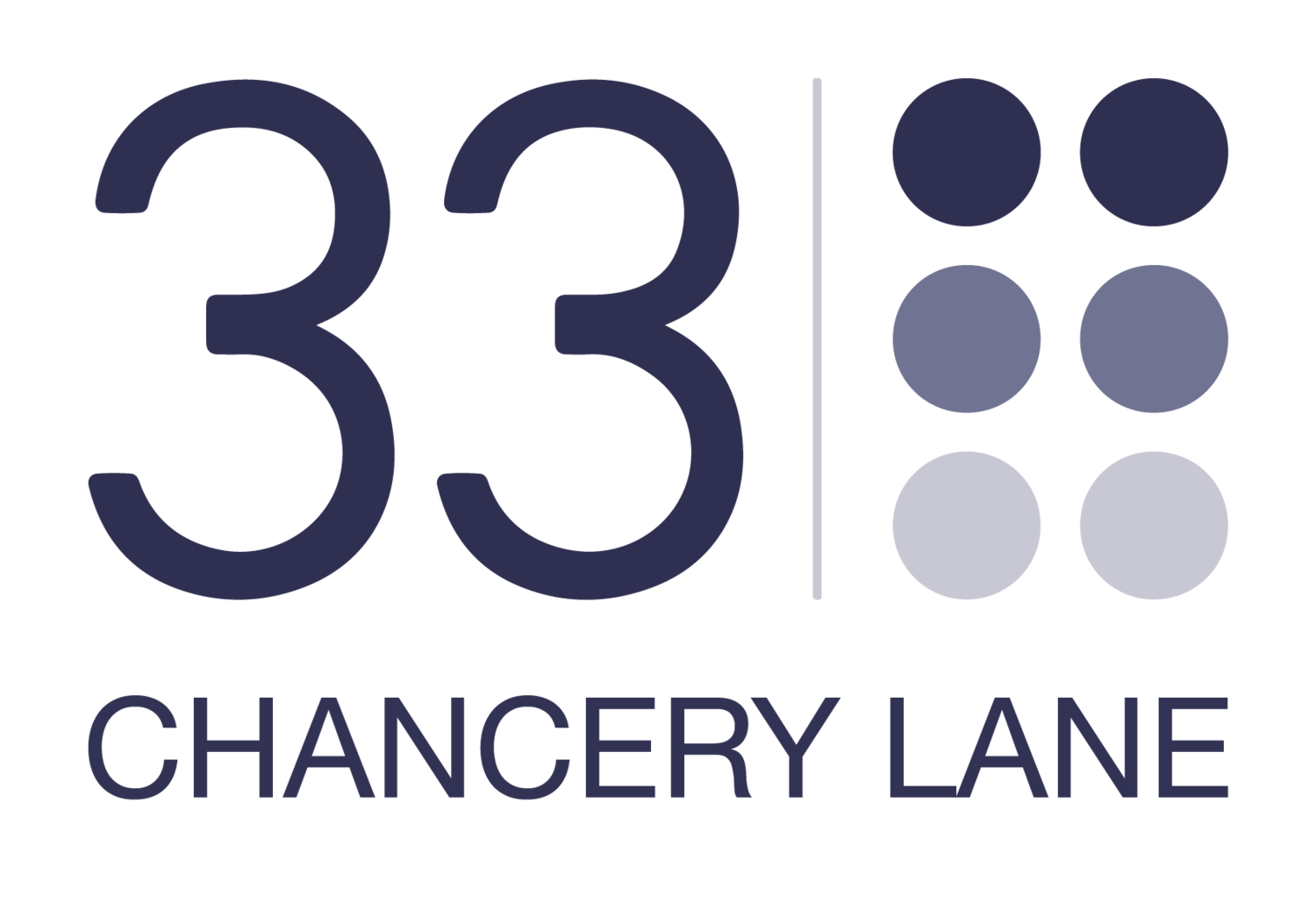Autism Spectrum Disorder (ASD), a recognised Mental Health Disorder, was deemed a successful defence to Murder.
Narita Bahra QC, leading Jamie Scott, secured a Not Guilty verdict to Murder on the grounds of Diminished Responsibility, for a nineteen-year-old client who suffers from Autism Spectrum Disorder (ASD).
During the trial the court heard how the client’s parents had attempted for years to have their son assessed for his mental health condition as opposed to his educational development and behavioural integration into mainstream schools. Evidence was elicited as to how ASD impacts daily life and social behaviour. The client’s needs had been wrongly assessed as a teenager as behavioural and emotional problems, rather than anything more complex, leading to a prolonged and depressing cycle of outbursts and exclusion from school, without attempts to address the root of that anger. Tragically, the lack of assessment and diagnosis of the ASD mental health condition culminated in the client killing his mother, via 82 incisions.
The defence instructed and relied upon established and experienced expert witnesses, a Psychiatrist and Psychologist, to identify the specific symptoms of ASD. Care was required in the diagnosis as the core symptoms of ASD can partially overlap with other mental health issues (i.e., psychosis, personality disorders) or be present in comorbidity. In this case, social disadvantage barriers played a significant factor in the condition remaining undiagnosed.
The defence team deployed an understanding of the mental health condition to demonstrate how, despite the condition being medically undiagnosed and despite he himself failing to recognise that he was in a state of crisis, all the evidence demonstrated that the client suffered from severe ASD. The covid pandemic played a substantial part in the failures to identify that the client was under substantial stress and having difficulty in coping, predicting outcomes and fully understanding the consequences of his actions. The client’s father described him as becoming increasingly isolated during the lockdowns, retreating to his room to play video games for hours on end.
The positive result was that the prosecution Psychiatrist re-considered the evidence elicited by the defence and revised his opinion, accepting that the client, at the material time of the killing was suffering from a Mental Health Disorder, namely Autism Spectrum Disorder and that the said condition, was more likely than not to have impacted the client’s mental functioning and ability to exercise self-control at the time of the killing.
It may come as no surprise that mental disorders have increased as a significant factor in UK homicides. Understanding of mental health conditions, such as ASD, in the criminal justice system is critical, yet the reality is that such understanding is lacking. Statistics reveal that a significant proportion of offenders with mental disorders continue to be imprisoned and there has been a fall in the use of hospital order disposals.
It is imperative when defending in cases where mental disorder arises that an experienced defence team is assembled at the outset, to work together to identify what are often complex mental health issues, which can interact with substance misuse. The outcome of early instruction will positively impact the trajectory the case takes within the criminal justice system.
No two cases will ever be the same and nor will the full extent of medical diagnosis and legal issues be immediately apparent, without expert assistance.
The key to psychiatric defences is establishing the cause of the individual’s disturbance and deterioration which led to the offending, the medical diagnosis and the extent of the mental disorder. This enables the defence team to prepare the defence, engage with the client, whilst still retaining empathy (a detachment that allows one to see the individual’s point of view without losing sight of the crime and its impact on victims and society).
Narita Bahra QC and Jamie Scott were instructed by Yakesh Tanna and Sunita Ruperell at ZMS Solicitors.
Press Coverage:
If you would like any further information, or to instruct Narita, please contact the Practice Directors.
